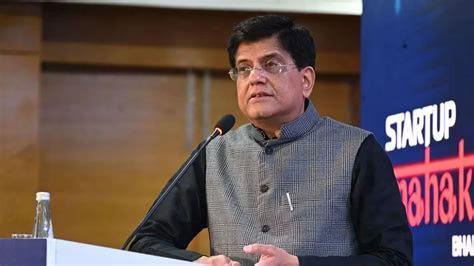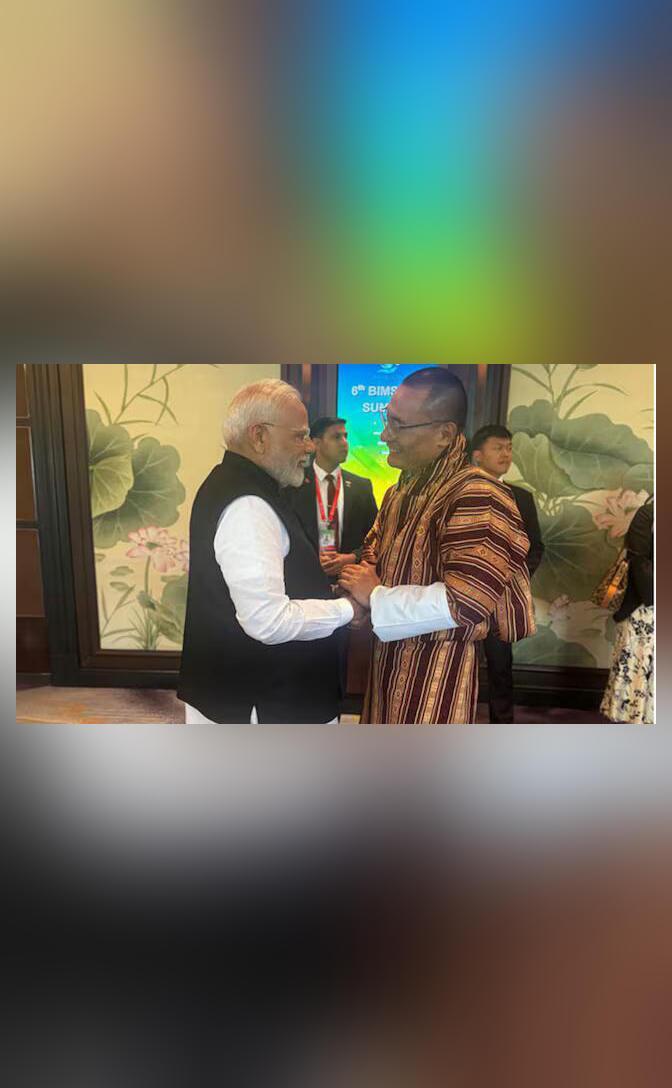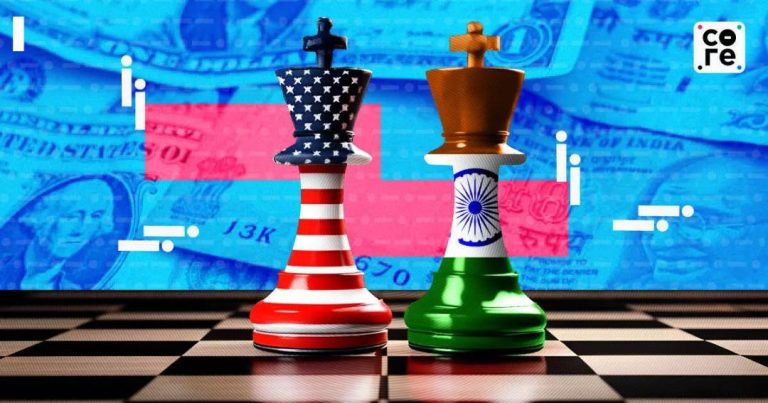Feels like we’re subjects of US empire: Kamath on Trump’s tariffs
In a recent interview, Nithin Kamath, the founder of Zerodha, a leading online brokerage firm in India, expressed his concerns over US President Donald Trump’s tariff policies and statements about other countries. Kamath, known for his straightforward and insightful views on the financial markets, stated that Trump’s stance on tariffs makes it feel like all countries are “subjects of the ‘US empire'”.
Kamath’s comments come amidst the ongoing trade tensions between the US and other major economies, including China, the European Union, and India. Trump’s administration has slapped tariffs on billions of dollars’ worth of goods from these countries, citing national security and trade imbalance concerns. However, critics argue that the tariffs will not only harm the targeted countries but also the American economy itself.
In an interview with NDTV Profit, Kamath questioned the wisdom of Trump’s tariff policies, saying, “Will the stance of ‘America first’ backfire? In such a globalised and interconnected world, how can you increase tariffs, which will inflict collateral damage, and still hold on to power?”
Kamath’s concerns are not unfounded. The tariffs imposed by the US have already led to retaliatory measures from other countries, resulting in a chain reaction of trade wars. The consequences of these tariffs are far-reaching, affecting not only trade but also global economic growth and stability.
The Indian economy, in particular, has been feeling the heat of Trump’s tariffs. The country’s exports to the US have been hit hard, with many Indian industries, such as textiles and pharmaceuticals, struggling to cope with the increased costs of raw materials and components. The Indian government has been trying to negotiate with the US to reduce or waive the tariffs, but so far, little progress has been made.
Kamath is not alone in his criticism of Trump’s tariff policies. Many economists and business leaders around the world have expressed similar concerns, warning that the tariffs will lead to higher prices, reduced competitiveness, and even recession.
So, what are the implications of Trump’s tariff policies, and how will they affect the global economy? Let’s break it down:
Protectionism and Trade Wars
Trump’s tariff policies are rooted in a protectionist approach, aimed at protecting American industries and creating jobs. However, protectionism has a history of failing to achieve its intended goals. In the 1930s, the Great Depression was exacerbated by the Smoot-Hawley Tariff Act, which raised tariffs on imported goods. Similarly, the current trade tensions are likely to lead to a decline in global trade, reduced economic growth, and even recession.
Inflation and Higher Prices
The tariffs imposed by the US will increase the cost of goods for American consumers, leading to higher prices and inflation. This will particularly affect low-income households, who spend a larger proportion of their income on essential goods and services. In India, the tariffs will also lead to higher prices, reducing the purchasing power of consumers and affecting the overall demand for goods and services.
Impact on Global Economic Growth
The trade tensions sparked by Trump’s tariffs will not only affect the American economy but also the global economy. The International Monetary Fund (IMF) has already warned that the trade wars could lead to a decline in global economic growth, potentially by as much as 0.5% in 2020. The IMF has also cautioned that the trade tensions could lead to a decline in investment, reduced productivity, and even a recession.
Impact on India’s Economy
India’s economy, which is heavily dependent on exports, is particularly vulnerable to the trade tensions. The country’s exports to the US have already been hit hard, and the tariffs will lead to a further decline in exports. This will affect not only the Indian manufacturing sector but also the overall economy, which is already facing challenges such as high inflation, low growth, and a large trade deficit.
In conclusion, Kamath’s concerns about Trump’s tariff policies are well-founded. The tariffs will not only harm the targeted countries but also the American economy itself. The global economy is interconnected, and the trade tensions sparked by Trump’s tariffs will have far-reaching consequences. It is essential for world leaders to work together to reduce trade tensions and promote global economic growth and stability.
As Kamath so aptly put it, “In such a globalised and interconnected world, how can you increase tariffs, which will inflict collateral damage, and still hold on to power?” The world is waiting for an answer.






